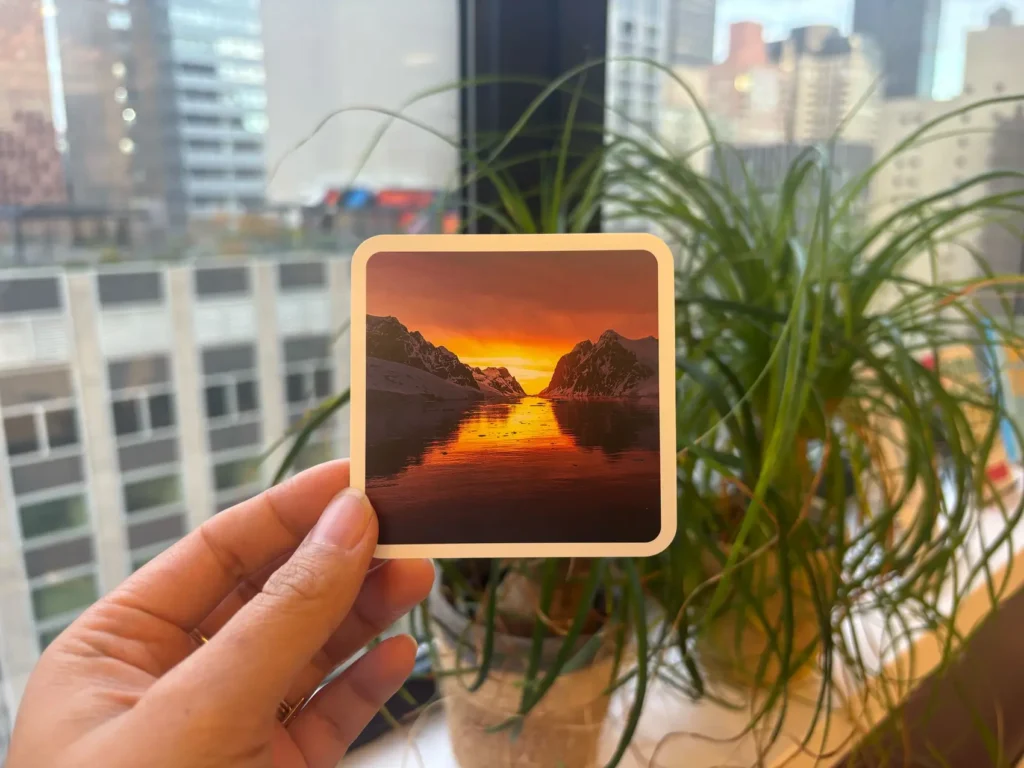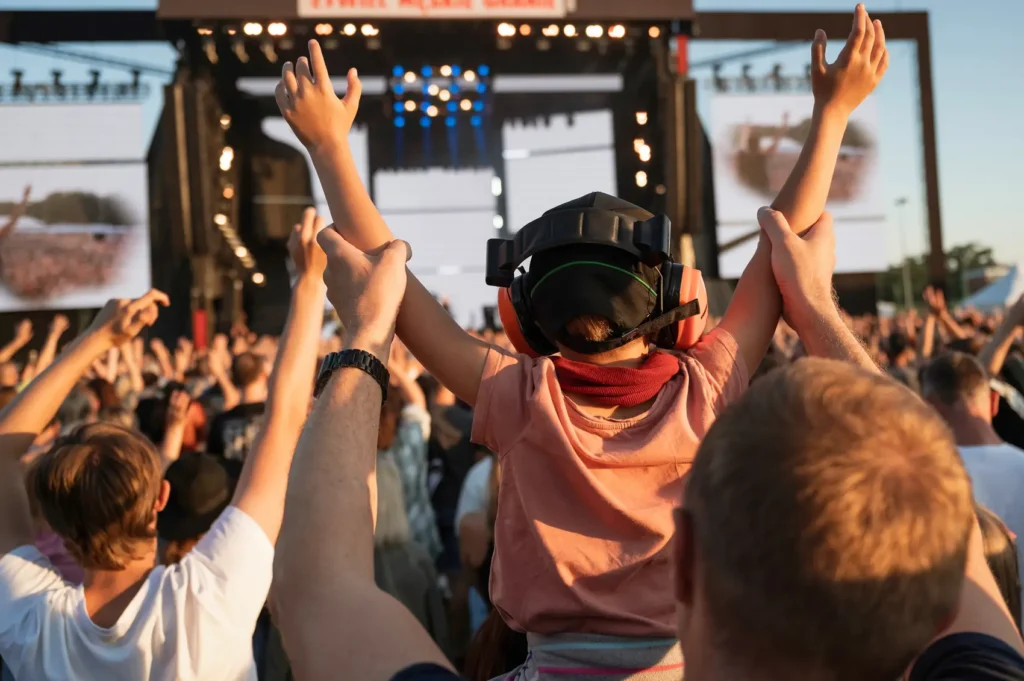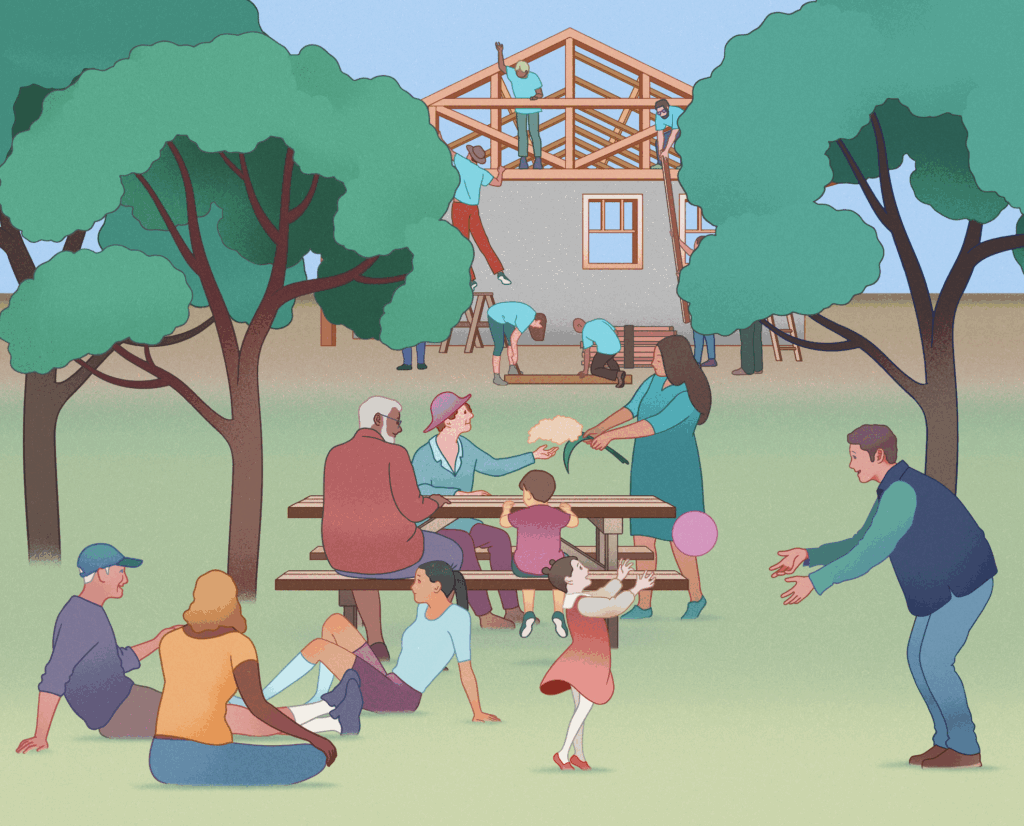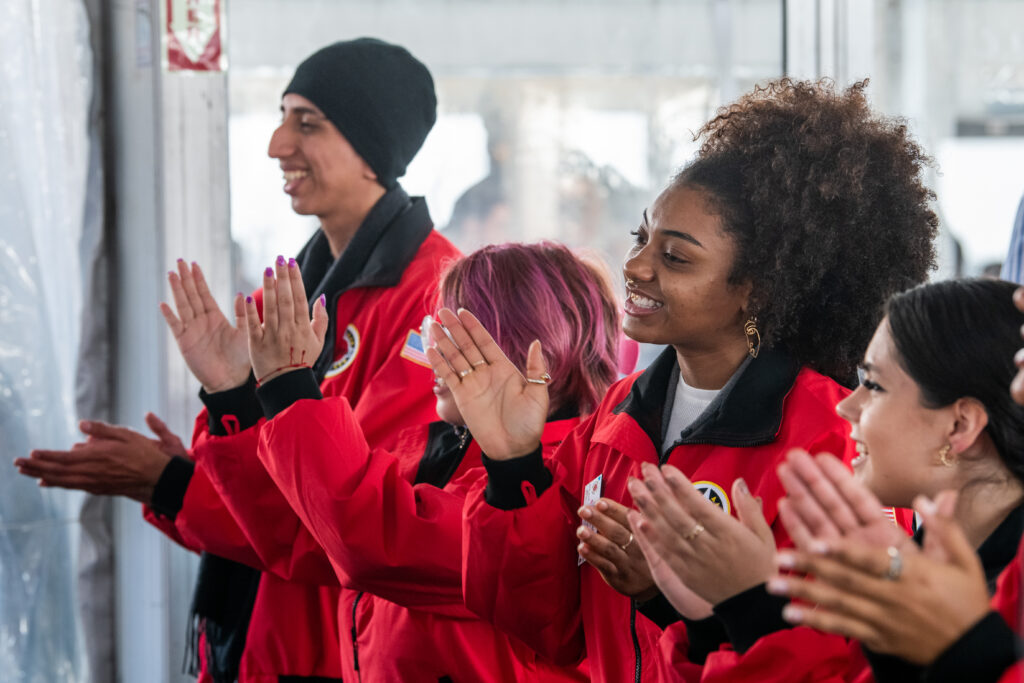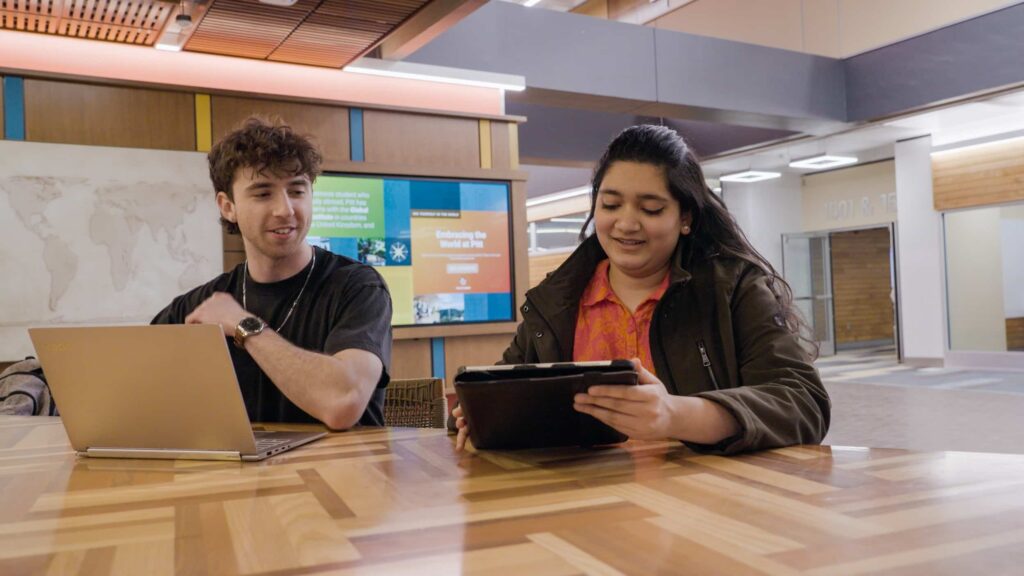On an early Saturday morning in July, I hopped the train at the Harlem-125th Street station to head to New Haven, CT for a special ceremony. Alumni of our high school concert choir were flocking back to campus to perform at the memorial service of our beloved choir director, Mrs. JoAnn Wich.
In the room that day, I stood alongside a few dozen of Mrs. Wich’s former students, spanning her three decades teaching at Hopkins. Even though many of us had never met, having been in different years and classes, we fell right into our parts, tapping into our muscle memories. In unison, we sang three of her favorite compositions from the songbook she used to teach us.
I was astonished by how quickly the melodies and one-of-four-part harmonies from my late adolescence were reawakened in me, and in everyone else. The experience of being surrounded by so many people who felt loved and seen by Mrs. Wich could only be described as collective beauty and awe.
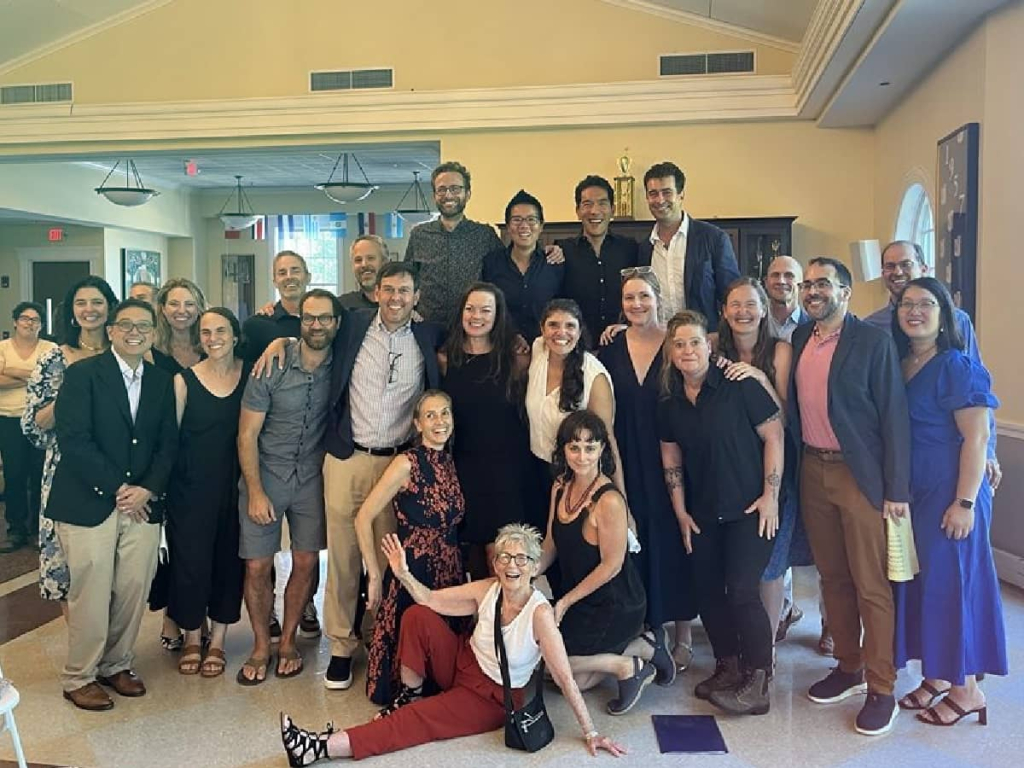
“The love pouring off of us singers today was pure rocket fuel,” said a fellow alum after the gathering. “I am still electrified. It’s almost as though a desire for more connection was ignited, which I don’t even know what to do with.” I felt the same way.
As I closed my eyes and sang the harmonies, I thought back to my late adolescent self. Mrs. Wich did much more for me than instill a love of music. She saw someone who was trying to find their “fit” and encouraged me, as she did with all her students, to discover and use my voice to make my mark.
Mrs. Wich also understood the profound power of connection and collaboration. She showed us how to listen with great care, so we could pick up on subtle signals that welcomed our voices into a room. We learned how to blend our distinct sounds and transform them into a more beautiful whole. In complementing one another, we realized the magnificence of the collective.
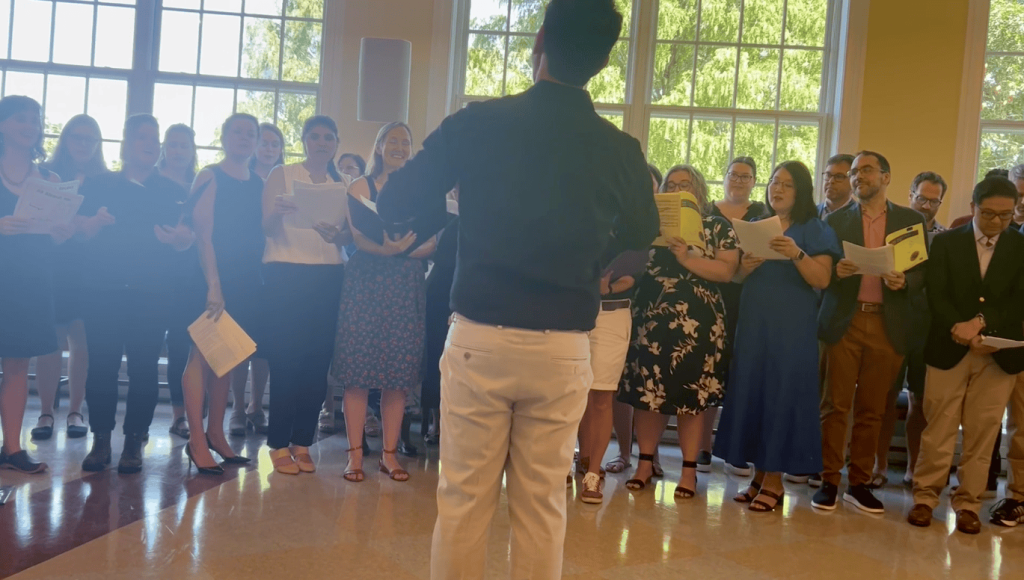
Watch the choir performance at Mrs. Wich’s memorial service here.
We have a lot more in common and are not as divided as we think.
It’s no wonder why so much of choir music is tied to faith. It’s impossible to not feel the depth of our shared humanity in the human chords.
In her obituary, Mrs. Wich’s family wrote about the care and responsibility she brought to her career as a teacher, helping me better understand the universal experience that each of us felt in her presence:
“Rather than point out every weakness and condemn every shortcoming, she endeavored to build up her students by always ‘trying to catch them doing something right.’ Each September, she would tell her young charges: ‘There is something extra special that the school saw in each of you. It is my job to find out what gifts you bring!’”
I thought of the many times Mrs. Wich could have pointed out my mistakes but instead chose to catch me “doing something right.”
She understood that positive developmental relationships between teachers and students could make an outsized difference in our social and emotional health and well-being, our self-confidence, and our ability to positively engage with others. And she took up this assignment as her life’s work.
As we head into the Fall 2024 school year, one that is estimated to be more turbulent than the last, I wonder how we all can bring Mrs. Wich’s grace and mindset into our engagement and conversations with people whose experiences, backgrounds, and beliefs differ from ours.
How might we create an environment where young people feel safe to ask questions about difficult topics and listen to new ideas that may inform their views or even change their minds?
A lesson we collectively learned during the pandemic is that shaming and blaming do not get us the results we want, and often, these tactics even backfire. So, how might we try to, more often than not, catch people doing something right instead of calling them out for doing something with which we disagree?
How can we listen so intently that we are looking for ways for our voices to complement one another, in order to build something more beautiful together?
While I know there is no magic wand we can wave to reduce the tensions, divisions, and ruptures on college campuses and across our country (aside from feeling like now we all should join choirs!), I still come back to a few touchstones I believe to be true:
- We have a lot more in common and are not as divided as we think.
- The majority of Americans are tired of our divisions, and more than half of the country believes that the differences between us are not so big that we cannot come together.
- Each of us longs for social connection and a place where we feel we belong.
- It’s hard to hate people up close.
If we choose to listen to these cues (ones that tell us that division is not inevitable), we might be able to find our perfect range in the choir and learn to sing with voices whose textures differ from our own. Then, the compositions we can sing together will be limitless.

